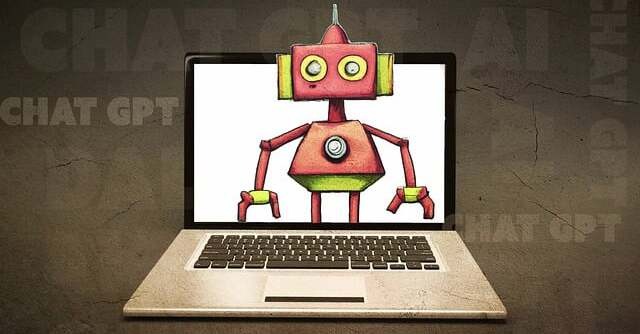
Gen AI to boost niche engineering, aid efficacy of low-ability workers: WEF


While generative artificial intelligence (AI) is currently focused on producing text, images and sound, the technology could be applied to a range of purposes, such as for boosting niche engineering activities and efficacy of low-ability workers, according to a new report published on Tuesday, by the World Economic Forum (WEF).
In the niche engineering space, for example, NASA engineers are currently working towards AI systems that can construct lightweight spaceflight instruments, achieving a 10-fold reduction in development time while simultaneously improving structural performance.
Another area, WEF report noted is that of scientific research, where generative models could facilitate breakthroughs by improving experimental design, identifying relationships between data elements and creating new theories. For example, recently developed AI algorithms can translate a mathematical formula into plain English or analyse brain activity data to generate drawings of the objects that human participants are holding in mind, it said.

Likewise, in the workplace, the use of AI-based language models like ChatGPT or its successors can increase productivity and improve output quality. At the same time, the study noted that generative AI technologies specifically benefit low-ability workers and can increase job satisfaction and self-efficacy.
“Given the potential for productivity gains resulting from adopting these new technologies, it’s crucial to acknowledge the likelihood of job displacement,” report author Olga Fink, Professor of Intelligent Maintenance and Operations Systems, EPFL University of Switzerland mentioned.
For instance, AutoGPT is an autonomous AI application using the GPT-4 language model, can automatically transform any text into realistic speech autonomously.

While that’s just one example, researchers believe, the growing integration of generative AI technologies, particularly autonomous AI, into multiple aspects of people’s daily lives, will continue to create both public excitement and concern.
Another study conducted by researchers at the Massachusetts Institute of technology (MIT) showed that ChatGPT substantially increased productivity for low-skilled workers, including college-educated professionals performing mid-level professional writing tasks.
The researchers asked 444 writers, consultants and human resource professionals to write press releases, short reports, analysis plans, and delicate emails. Half of them used ChatGPT. The study found that low-skilled workers in particular benefitted from the tool, which helped reduce the time they took — and shrunk the difference in quality between their work and more skilled workers.

Despite these odds, an outright ban on generative AI may not be the obvious answer. Researchers instead believe that applications should meet agreed-upon professional and ethical standards to build public trust in generative AI. Also, care should be taken to mitigate AI bias based on training data and ethical guidelines must be developed to ensure that technical progress is balanced with responsible use.
Already some companies are working towards such goals. Tech company IBM for example is in the process of drafting a policy that will define how third-party generative AI tools such OpenAI’s ChatGPT and Google’s Bard are used by its employees.
Gaurav Sharma, vice president at IBM India Software Labs, told TechCircle the company is evaluating the segment and its veracity, “since these tools are built on untrusted sources that can’t be used.” He added that a policy is “still being framed” around the use of generative AI applications such as ChatGPT.

In May, Samsung banned the use of generative AI tools after the company discovered an employee uploaded sensitive code to ChatGPT. The company however said that it is creating a company policy around generative AI is part of the process of communicating risk.
In fact, market research firm Gartner reported in March that 48% of human resource leaders are in the process of finalising their guidance on ChatGPT, while most are still in an exploratory phase.
Fink also said, with the correct controls in place, generative AI can “provide more time for creativity, demonstrate the boundaries of knowledge, and act as a sparring partner to challenge conventional thinking”.

